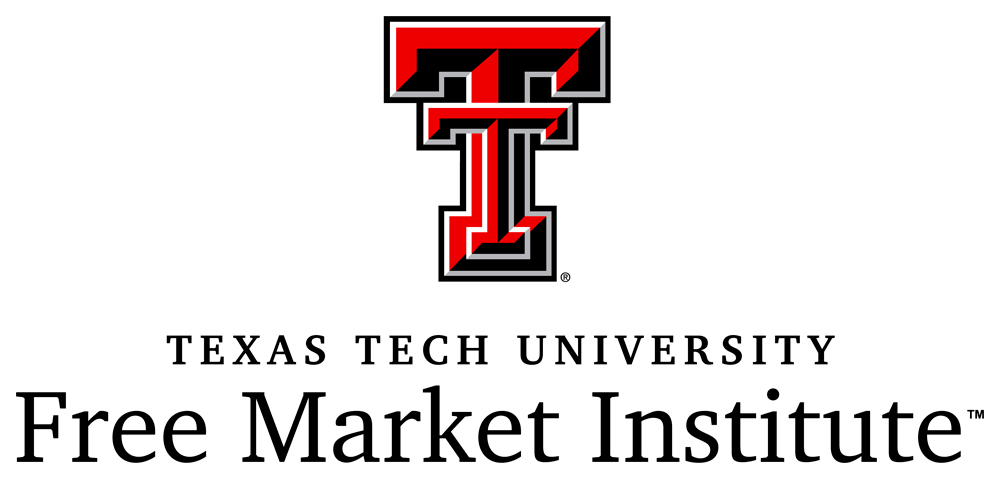Economic and Political Change after Crisis: Prospects for Government, Liberty, and the Rule of Law
About the Program
During the 2014-2015 academic year, The Free Market Institute (FMI) and the Institute for the Study of Western Civilization (ISWC) at Texas Tech University invited several scholars to explore the possibility of economic and political crisis in the United States and feasible public policy changes that can be recommended in the event of crisis. The main goal of this research program is to produce an edited volume that explores different facets of the possibility of crisis in the United States that will be of interest to academics, but still accessible to policy makers and the general public.
In early May 2015, program participants visited Texas Tech University and presented their working research to the other participants and invited members of the university community. Research conference attendees offered criticism in an effort to improve the overall quality of the arguments and evidence presented.
In early 2016, Routledge (Taylor & Francis Group) accepted the manuscript for publication and inclusion in its Foundations of the Market Economy Series. Economic and Political Change after Crisis: Prospects for Government, Liberty, and the Rule of Law is scheduled for publication in October 2016.
Description (from Routledge)
The U.S. Government's accumulated national debt and unfunded liabilities in social security and Medicare could be pushing the country towards a fiscal crisis. How could such a crisis be avoided? If a crisis does strike, how might it be dealt with? What might be the long term ramifications of experiencing a crisis? The contributors to Economic and Political Change After Crisis explore all of these questions and more.
The book begins by exploring how past crises have permanently increased the size and scope of government and how well the rule of law has been maintained during these crises. Chapters explore how these relationships might change in a future crisis and examine how the structure of the U.S. government contributes to a tendency towards fiscal imbalance. In a provocative contribution, the authors predict a U.S. government default on its debt. The book concludes by considering how a fiscal crisis might precipitate or interact with other forms of crises.
Social scientists from a variety of disciplines, public policy makers, and concerned members of the general public would all benefit from the contributions contained in this book. If the U.S. is going to avoid a future crisis, or do as well as possible if a crisis occurs, the arguments in these chapters should be given serious consideration.
Contact
FMI Director, Benjamin Powell, and ISWC Director, Stephen Balch, serve as the primary contacts for media outreach efforts after publication. Please contact the Free Market Institute at free.market@ttu.edu with any questions about the program.

Free Market Institute
-
Address
Texas Tech University - Box 45059 - Lubbock, TX - 79409-5059 -
Phone
806.742.7138 -
Email
free.market@ttu.edu
